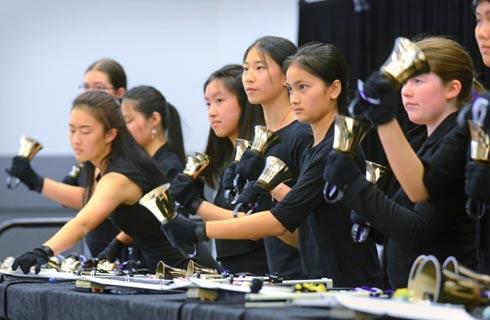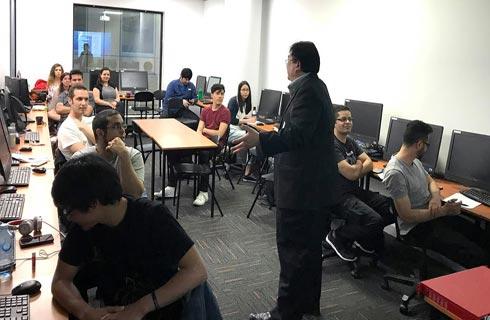课程简介
UCLan's research activity within the field of forensic science is concerned with forensic anthropology and forensic genetics. The University offers three dedicated masters courses, a thirteen-acre taphonomic research centre and international collaborations to ensure UCLan is helping to drive the development of knowledge and skills relating to all aspects of human remains identification.Forensic anthropologists work in a wide range of situations and conduct casework at the request of the police or forensic pathologists. Typically, they work as a part of a large team involved with human remains identification.Their main role requires them to deal with remains that are in advanced stages of decomposition, burned or those that are fully skeletonised. Analysis can provide information about sex, age at death, stature and race of an individual, as well as establishing the presence of injury, pathology or other relevant abnormalities.Forensic anthropologists analyse perimorten skeletal injuries in order to help a pathologist establish both the manner and course of death. They also estimate time since death and conduct research into the factors that influence the rate and pattern of decomposition, which is known as forensic taphonomy.<br><br>Forensic genetics involves the production, comparison and evaluation of DNA profiles in order to identify biological material, as well as relationships between individuals.UCLan's Forensic Genetics Group uses dedicated laboratories with the latest equipment to develop high quality research and forge productive links with international organisations such as the International Committee of the Red Cross, overseas research institutes and other forensic providers.<br><br>UCLan research on DNA extraction and persistence, along with both anthropology and genetics casework experience, has informed the published guidelines produce the International Committee of the Red Cross. These are distributed to governments around the world involved in the identification of human remains.<br><br>Short covers delivered by UCLan focusing on both forensic anthropology and forensic genetics attract international audiences, disseminating both casework and research findings to practitioners.
展开





































